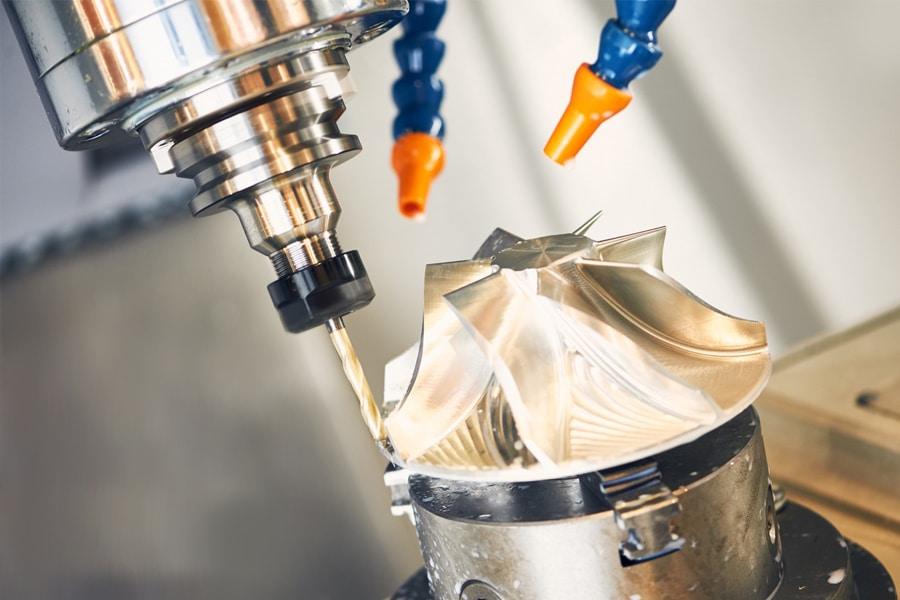The growth and development of the CNC machining industry in China have been remarkable over the past few decades. China has become a major player in the global CNC machining market, offering a wide range of products and services that cater to various industries. Here are some key points highlighting the growth and development of the CNC machining industry in China:
- Rapid Industrialization and Manufacturing Base: China’s rapid industrialization and growth as a global manufacturing hub have provided a strong foundation for the development of the CNC machining industry. The country’s large pool of skilled labor, favorable business environment, and extensive supply chains have contributed to its competitiveness in CNC machining.
- Investment in Technology and Infrastructure: China has invested significantly in advanced manufacturing technologies and infrastructure, including CNC machining equipment, automation, and digital technologies. This has enabled Chinese CNC machining companies to offer high-quality products and services at competitive prices.
- Market Demand and Export-Oriented Approach: China’s domestic market demand and its role as a major exporter have driven the growth of the CNC machining industry. Many Chinese CNC machining companies serve both domestic and international markets, providing a wide range of products to industries such as automotive, aerospace, electronics, healthcare, and more.
- Skilled Workforce and Technical Expertise: China has focused on developing a skilled workforce in the field of CNC machining. Many technical institutions and universities offer programs and training in CNC machining and related disciplines, ensuring a steady supply of skilled operators, programmers, and engineers.
- Government Support and Policies: The Chinese government has implemented policies and initiatives to support the growth of advanced manufacturing, including CNC machining. These policies encourage research and development, innovation, and the adoption of modern technologies.
- Competitive Pricing and Cost Advantage: China’s cost advantage, including lower labor costs and economies of scale, has attracted international businesses to source CNC machining services from Chinese suppliers. This has further fueled the growth of the industry.
- Integration of Automation and Industry 4.0: Chinese CNC machining companies have embraced automation and Industry 4.0 concepts to enhance efficiency, quality, and productivity. Integration of smart manufacturing technologies has helped Chinese companies remain competitive on a global scale.
- Diverse Product Range and Specialization: The CNC machining industry in China offers a diverse range of products and services, from precision components to complex assemblies. Many companies have specialized in specific industries or applications, allowing for a more tailored approach to customer needs.
- Quality Improvement and Certification: Chinese CNC machining companies have made efforts to improve the quality of their products and services to meet international standards. Many companies pursue certifications such as ISO 9001 to demonstrate their commitment to quality.
- Global Partnerships and Collaborations: Chinese CNC machining companies often collaborate with international partners, including joint ventures, technology transfers, and research collaborations. These partnerships have facilitated knowledge exchange and contributed to industry growth.
Overall, the growth and development of the CNC machining industry in China have been driven by a combination of factors, including favorable economic conditions, technological advancements, government support, and a strong focus on meeting global market demands. The industry’s evolution continues as it adapts to changing technologies and market dynamics.

